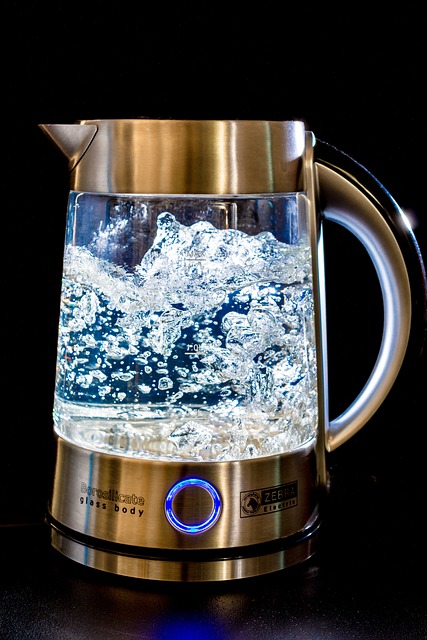Regular water heater maintenance is crucial for optimal performance, longevity, and cost savings. Key practices include periodic flushing to remove mineral buildup, inspecting for corrosion or damage internally and externally, and scheduling annual professional inspections. Proactive at-home care involves monitoring energy usage and checking connections for leaks. Proper upkeep ensures a reliable hot water supply while maximizing the lifespan of your water heater system.
Water heaters are essential home appliances, but they can encounter various issues over time. From sediment buildup that reduces efficiency to leaks that cause damage, understanding common problems is the first step toward proactive maintenance. This article delves into the fundamentals of water heater care, explores typical issues like sediment accumulation and leaks, and offers preventative measures to ensure your heater’s longevity. By implementing regular care tips, you can avoid costly repairs and maintain a reliable hot water supply.
- Understanding Water Heater Maintenance: The Basics
- Common Issues and Their Causes: Sediment Buildup to Leaks
- Preventative Measures: Tips for Regular Care and Longevity
Understanding Water Heater Maintenance: The Basics

Understanding Water Heater Maintenance: The Basics
Regular water heater maintenance is a crucial part of ensuring your system operates efficiently and prolongs its lifespan. It involves several key steps that, when followed consistently, can prevent common issues like sediment buildup and leaks. Start by periodically flushing out your water heater to remove any accumulated minerals or debris that can impair performance. This process involves opening the temperature and pressure relief valve to allow for the safe discharge of water.
Additionally, check for signs of corrosion or damage on both the exterior and interior components of your water heater. Regular inspection enables you to identify potential problems early on, preventing minor issues from escalating into costly repairs or replacements. Remember, proper maintenance not only extends the life of your water heater but also ensures consistent hot water supply without unexpected disruptions.
Common Issues and Their Causes: Sediment Buildup to Leaks

Water heaters are essential appliances in many homes, but like any device, they require regular maintenance and care to function optimally. One of the most common issues homeowners face is sediment buildup, which can lead to various problems over time. Sediment accumulation occurs when mineral deposits, rust, and other particles settle at the bottom of the tank. This buildup can insulate the water, reducing the heater’s efficiency, and even cause the unit to operate less effectively or fail prematurely.
Leaks are another frequent concern, often resulting from corroded or damaged components within the water heater. Over time, the heat exchanger, pipes, and O-rings can weaken, leading to small drips that can turn into significant leaks. Regular water heater maintenance, including flushing and cleaning to remove sediment, can prevent these issues. Additionally, checking for any signs of corrosion, replacing old or damaged parts, and ensuring proper insulation are essential preventive measures to keep your water heater running smoothly and efficiently.
Preventative Measures: Tips for Regular Care and Longevity

Regular water heater maintenance is key to preventing common issues and prolonging the lifespan of your unit. Start by scheduling annual professional inspections, as experts can identify potential problems early on. During these check-ups, ensure the tank’s insulation is in good condition and replace any worn-out parts promptly.
At home, implement simple care practices like flushing the system periodically to remove sediment buildup. Regularly inspect connections for leaks and tighten them if necessary. Additionally, keep an eye on energy usage; unusual spikes might indicate inefficiencies that require professional attention. Remember, proactive water heater maintenance saves time, money, and potential headaches in the long run.
Regular water heater maintenance is key to preventing common issues like sediment buildup and leaks, ensuring your system runs efficiently and prolonging its lifespan. By understanding the basics of maintenance and implementing preventative measures, you can avoid costly repairs and keep your hot water flowing smoothly. Remember, proactive care is always better than reactive fixing, so make water heater maintenance a priority in your home’s routine upkeep.
